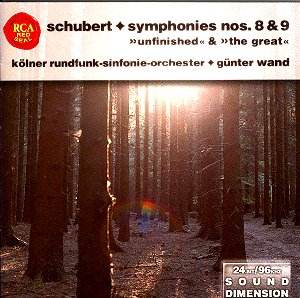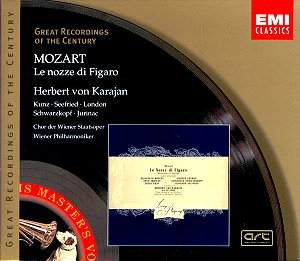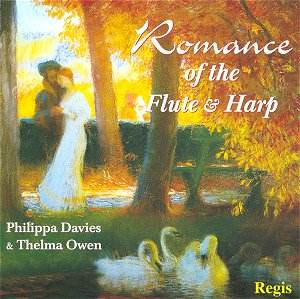 Composer: Franz Schubert
Composer: Franz Schubert
Works: Symphony No. 8 in B minor, D759, ‘Unfinished’; Symphony No. 9 in C, D944, ‘Great’
Performers: Cologne Radio Symphony Orchestra, Günter Wand
Recording: Recorded in 1980 (‘Unfinished’) and 1977 (‘Great’)
Label: RCA Red Seal 74321 6800-7-2
Schubert’s symphonic output, particularly his Eighth and Ninth symphonies, stands as a testament to the composer’s unique voice, poised delicately between the Classical tradition and the burgeoning Romantic idiom. The Eighth Symphony, famously incomplete, resonates with an air of haunting introspection, while the Ninth, often dubbed the “Great,” exuberantly showcases Schubert’s lyrical genius and orchestral mastery. Günter Wand, a stalwart interpreter of Schubert’s oeuvre, helms the Cologne Radio Symphony Orchestra with an interpretative depth that feels at once respectful of tradition and refreshingly personal.
Wand’s approach to the ‘Unfinished’ Symphony reveals a profound sensitivity to its contrasting emotional landscapes. The first movement unfolds with an inevitability that is both captivating and poignant. Wand’s adherence to a deliberate tempo allows for a meticulous exploration of the textures that Schubert weaves through the orchestration. The cello’s second subject emerges with a warmth and gentility that speaks to the soul of the work, while the finely honed wind solos add a layer of ethereal beauty. The decision to observe the repeat of the exposition is particularly revelatory, accentuating the descent into the development section—an effect that heightens the drama and enhances the music’s inherent tension. This moment, where the bass tremolandi cast an ominous shadow, echoes a profound interpretative choice that elevates the performance to a near-spiritual experience.
The second movement is a study in contrasts, and Wand employs a full dynamic range that captures the movement’s delicate intricacies. The closing passage is delivered with an overwhelming power that encapsulates the very essence of Schubert’s emotional breadth. Wand’s ability to balance lyricism with strength is particularly commendable, as he navigates the delicate interplay of themes with both care and authority.
Turning to the Ninth Symphony, Wand’s interpretation remains equally compelling. The pacing, once again, feels perfectly calibrated, allowing the expansive themes to breathe while maintaining a cohesive symphonic thread. The second movement, marked by pointed wind articulation, benefits from Wand’s careful attention to detail. Notably, the coda of the first movement is treated with a commendable patience that avoids the all-too-common pitfall of haste, allowing the music to unfold naturally. Although the finale could have embraced a touch more rustic vigor, Wand’s reading maintains a sense of integrity and grandeur throughout.
The recording quality deserves mention, as RCA’s engineering captures both the warmth of the orchestral sound and the clarity of individual instruments, enabling listeners to appreciate the nuances of Wand’s interpretative choices. This remastered release affords a listening experience that is both rich and detailed, ensuring that the sonic landscape Schubert envisioned is presented with fidelity and grace.
The interplay of Schubert’s lyrical warmth and Wand’s interpretative insight results in a recording that is not merely a document of the symphonies but a living, breathing interpretation that speaks to the heart of both the composer and the listener. This collection of the Eighth and Ninth symphonies stands as a benchmark in Schubert interpretations, offering a satisfying exploration of his symphonic genius. Wand’s mastery, combined with the orchestra’s finesse, makes this release an indispensable addition to any classical music collection.


